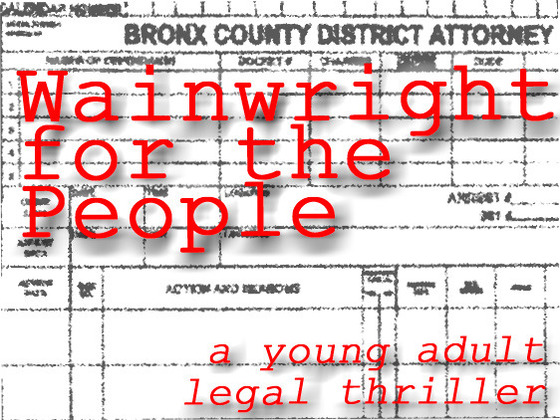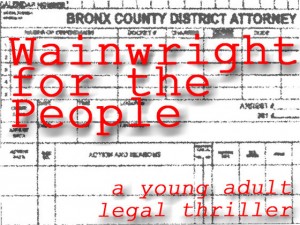May 1, 2012 is Law Day

Tomorrow, May 1, 2012, we celebrate what’s called Law Day. It is not an official holiday so don’t skip school or work. Most people outside of the legal community know about this fifty-year tradition. To celebrate Law Day, some local bar associations hold a luncheon, featuring speakers who discuss topics such as justice or the liberties provided for by the United States Constitution. Also, attorneys and judges might visit schools and talk to students about the American legal system. The Day is meant to reflect on the role of law in the foundation of the country and to recognize its importance for society.
President Dwight D. Eisenhower declared May 1st of each year to be Law Day, U.S.A.. It was originally set aside as a day to remember the struggles of workers who were killed or oppressed in their fight for better wages and working conditions. On February 5, 1958, President Eisenhower recognized the first Law Day when he stated “In a very real sense, the world no longer has a choice between force and law. If civilization is to survive it must choose the rule of law.”
Many legal associations across the country use Law Day as an education tool for students. Recognition of the day is now embodied in federal law. A section of the U.S. Code states that “Law Day, U.S.A., is a special day of celebration by the people of the United States—
- (1) in appreciation of their liberties and the reaffirmation of their loyalty to the United States and of their rededication to the ideals of equality and justice under law in their relations with each other and with other countries; and
- (2) for the cultivation of the respect for law that is so vital to the democratic way of life.*
We came across a civics project that you may be interested in when considering this year’s Law Day. Former Bronx, New York assistant district attorney, Joel Rothman, and novelist, Stacey Ballis are joining forces to write a young adult legal thriller where during the course of the adventure the reader is taken through the legal process and the justice system. The American Bar Association will publish the book. For more about “Wainwright for the People” see here.
Due in part to the No Child Left Behind Act of 2001, many important classes in middle and high school have been cut. Civics is one subject that’s been neglected. Attempts are underway to educate our youth about the role of government in their lives as well as their responsibilities to vote and participate in the democratic process.
“Wainwright for the People” may be similar to John Grisham’s “Theodore Boone: Kid Lawyer” series. We wrote a review of the first book here and about “Theodore Boone: The Abduction” here.
*36 United States Code § 113.



